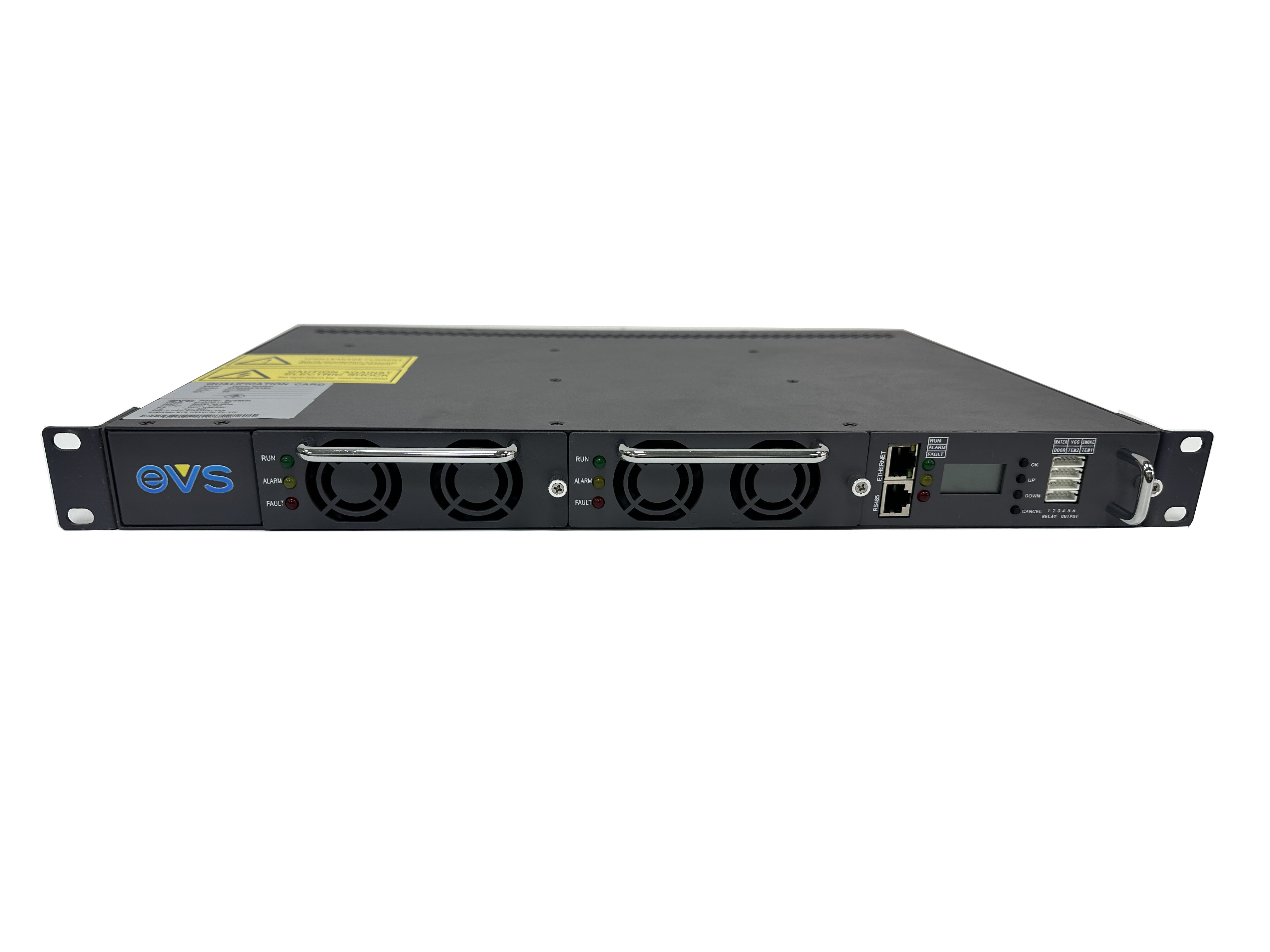Introduction
In recent years, the demand for high-efficiency and reliable power solutions in data centers has grown significantly due to the increasing
density of servers and the need for continuous operation. Traditional power distribution systems, which often rely on 12V or 24V power supplies,
are becoming less efficient as power requirements increase. To address these challenges, 48V switching power supplies have emerged as a promising
solution, offering improved efficiency, reduced power losses, and enhanced scalability.
Background
A leading technology company with a large-scale data center faced challenges with their existing power distribution infrastructure.
The data center housed thousands of servers, each requiring a stable and efficient power supply. The traditional 12V power distribution system
was experiencing significant voltage drops over long distances, leading to inefficiencies and potential hardware failures. Additionally, the system's
limited scalability made it difficult to accommodate future growth.
Challenges

Voltage Drop: The 12V system experienced significant voltage drop over long distances, resulting in reduced efficiency and potential
damage to server components.
Power Loss: High current levels in the 12V system led to substantial power losses, increasing operational costs.
Scalability: The existing system could not easily scale to accommodate the growing number of servers and higher power demands.
Maintenance: Frequent failures and the complexity of the system made maintenance time-consuming and costly.
Solution
To address these challenges, the company adopted a 48V switching power supply system. The 48V system was chosen for its ability to
reduce voltage drop, improve efficiency, and provide a scalable solution for future growth. The implementation involved the following steps:
System Design: A comprehensive power distribution plan was developed, incorporating 48V switching power supplies and advanced
power management software.
Infrastructure Upgrade: The existing 12V infrastructure was replaced with 48V power distribution units (PDU) and power supply units (PSU) in servers.
Testing and Optimization: Extensive testing was conducted to ensure the system's reliability and efficiency. Adjustments were made to optimize power
distribution and minimize losses.
Training and Support: Technical staff were trained to operate and maintain the new system, ensuring smooth transition and ongoing performance.
Implementation Results
The adoption of the 48V switching power supply system yielded significant improvements:
Efficiency: The system achieved an overall efficiency of over 95%, reducing power losses and lowering operational costs.
Voltage Drop Reduction: The 48V system minimized voltage drop, ensuring consistent power delivery to all servers.
Scalability: The modular design of the 48V system allowed for easy expansion, accommodating the addition of new servers and increased
power demands.
Maintenance: The system's reliability and simplified design reduced maintenance time by 30%, improving overall uptime.
Cost Savings: The improved efficiency and reduced maintenance costs resulted in a 20% reduction in overall power-related expenses.
Conclusion
The implementation of a 48V switching power supply system in the data center demonstrated its effectiveness in addressing the challenges of
traditional power distribution systems. By improving efficiency, reducing voltage drop, and providing scalable solutions, the 48V system has become
a critical component in modern data center infrastructure. This case study highlights the importance of adopting advanced power solutions to meet
the growing demands of high-density computing environments.
Future Outlook
As data centers continue to evolve, the adoption of 48V switching power supplies is expected to grow. This technology not only enhances
operational efficiency but also supports sustainability goals by reducing energy consumption and minimizing environmental impact